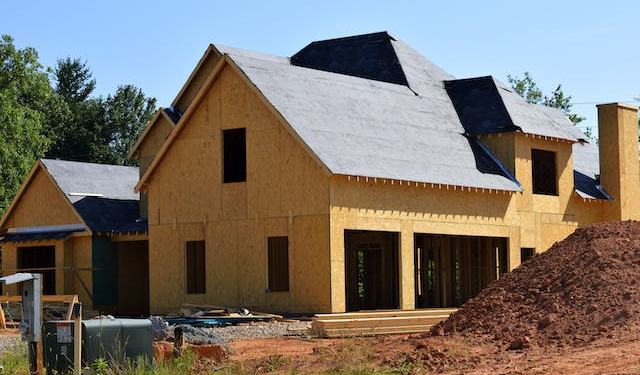Before diving into the world of preconstruction homes, there are several factors you should carefully consider. Firstly, location plays a crucial role. Research the neighborhood, amenities, and proximity to schools, workplaces, and transportation options. It’s important to ensure the location aligns with your lifestyle and future plans.
If you anticipate changes in your lifestyle or family size, ensure the preconstruction home can accommodate these future needs. Flexibility is essential to ensure that your investment will continue to meet your requirements in the years to come.
Understanding the Preconstruction Process
To navigate the preconstruction home buying process successfully, it’s essential to understand the various stages involved. The process typically begins with selecting a preconstruction project and choosing a specific unit or lot. This is followed by signing a purchase agreement and submitting a deposit. The developer will then secure the necessary permits and approvals before commencing construction.
Moreover, thoroughly research the developer’s reputation and track record. Look for past projects they have completed and speak to homeowners who have purchased from them before.
4 Tips for Navigating the Preconstruction Home Buying Process
- Work with an agent: While there are many advantages of buying pre construction, you should work with a top real estate agent to protect your interests. A good real estate agent will help you avoid mistakes and ensure that you invest in a good project.
- Do thorough research: Take the time to research different developers, projects, and locations. Look for reviews and recommendations from previous buyers to ensure you’re making an informed decision.
- Get everything in writing: Make sure all agreements, contracts, and modifications to the original plans are documented in writing. This will help avoid any misunderstandings or disputes during the construction process.
- Explore financing options: Financing a preconstruction home requires careful consideration and planning. Traditional mortgage financing may not be available until the construction is complete and the property is ready for occupancy. Therefore, it’s important to explore alternative financing options.
Common Misconceptions About Preconstruction Homes
There are several common misconceptions surrounding preconstruction homes that are important to address:
Preconstruction homes are only for investors: This is incorrect. The ability to customize the property and the potential for cost savings make preconstruction homes appealing to a wide range of buyers, including people looking for a home for their families.
All preconstruction homes experience delays: While construction delays can occur, not all preconstruction projects face significant setbacks. Choosing a reputable builder with a track record of delivering on time can help mitigate this risk. Additionally, it’s important to have realistic expectations and understand that unforeseen circumstances can sometimes impact the construction timeline.
Preconstruction homes lack quality: This misconception is not true for reputable builders who prioritize quality and craftsmanship. By thoroughly researching the builder’s reputation and visiting their completed projects, you can ensure that your preconstruction home meets the highest standards of quality.
Is a Preconstruction Home Right for You?
Purchasing a preconstruction home offers numerous advantages, such as customization options, potential cost savings, and being the first owner. However, it’s essential to carefully consider the drawbacks, including uncertainty, extended timelines, and potential financing challenges. By thoroughly researching the developer, understanding the preconstruction process, and working with professionals, you can navigate the preconstruction home buying process successfully.







